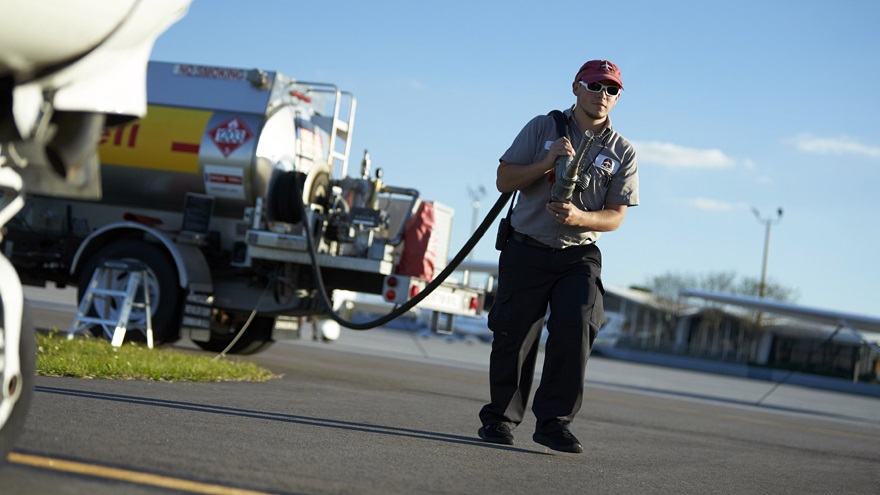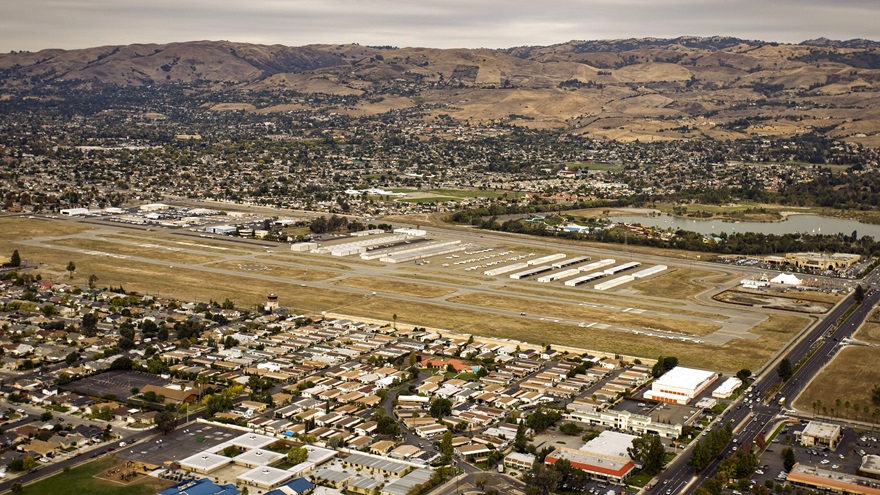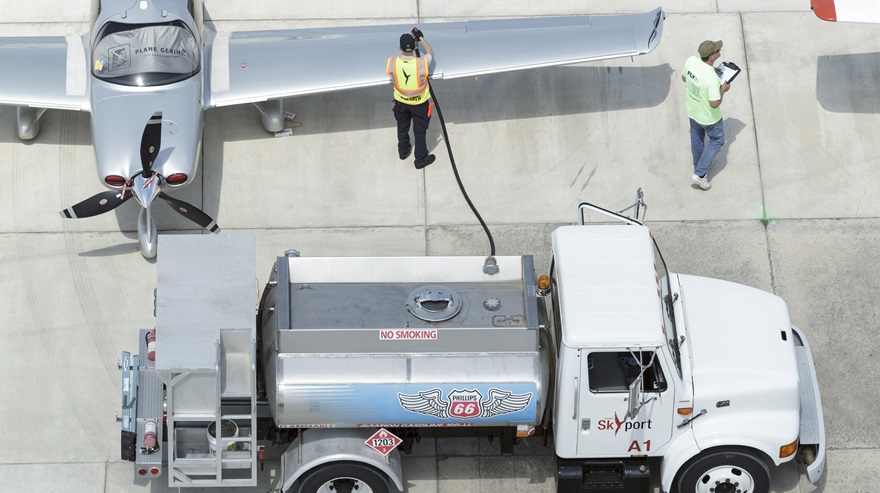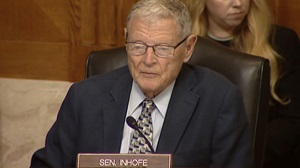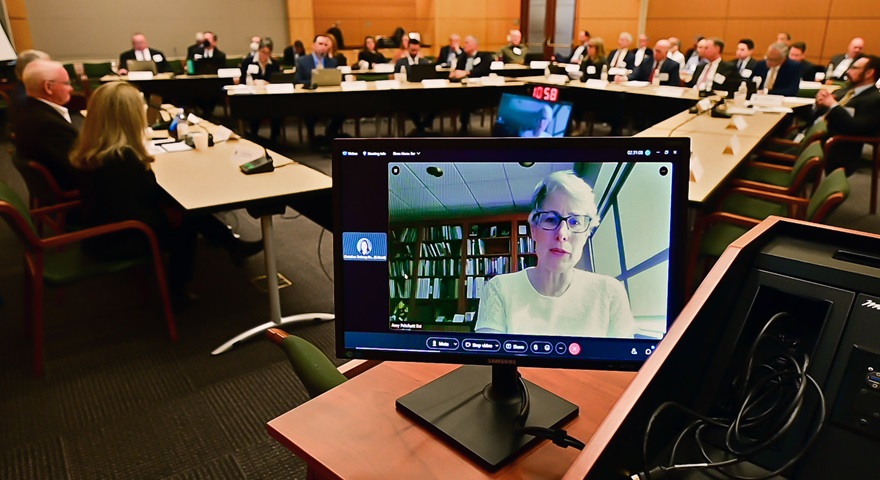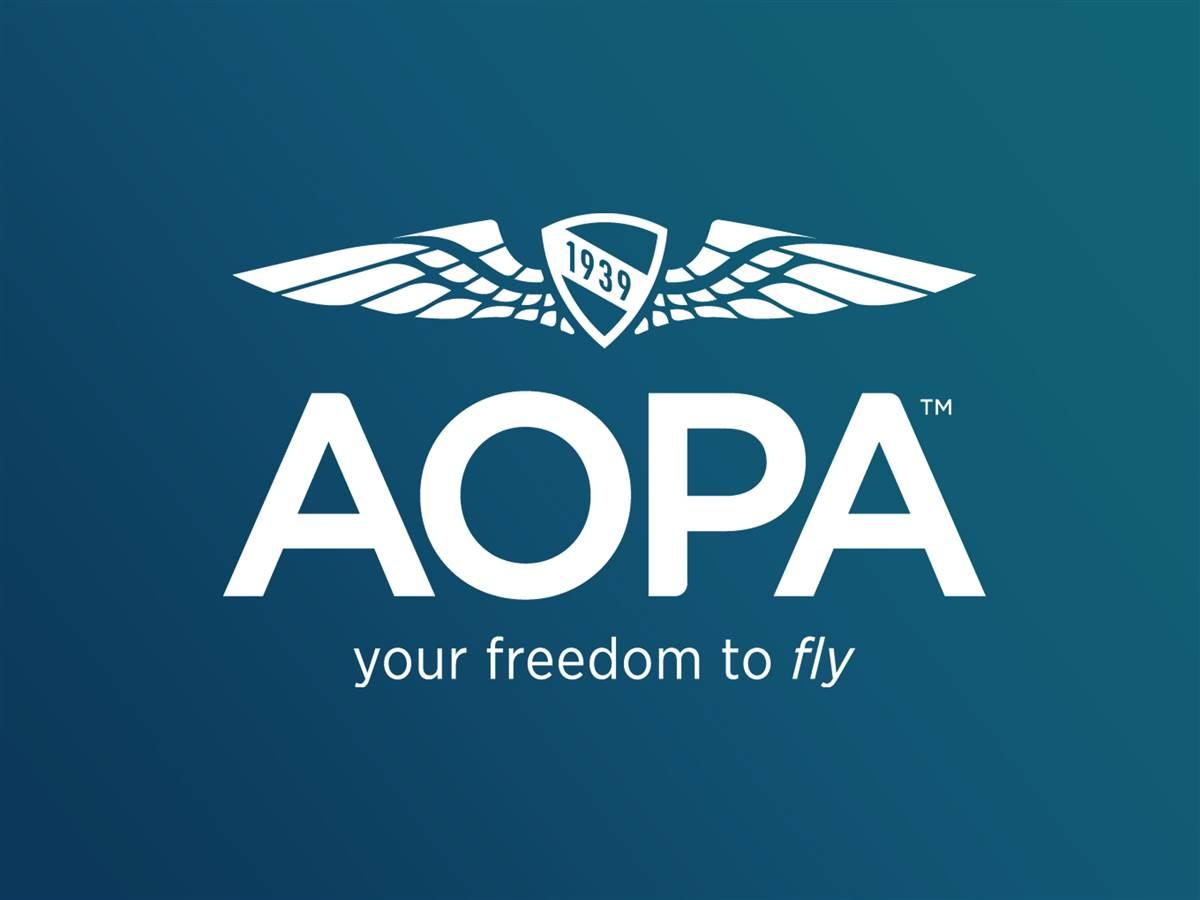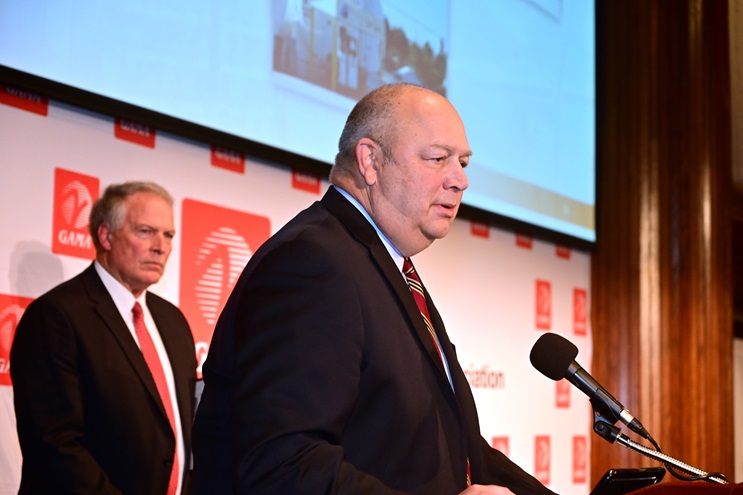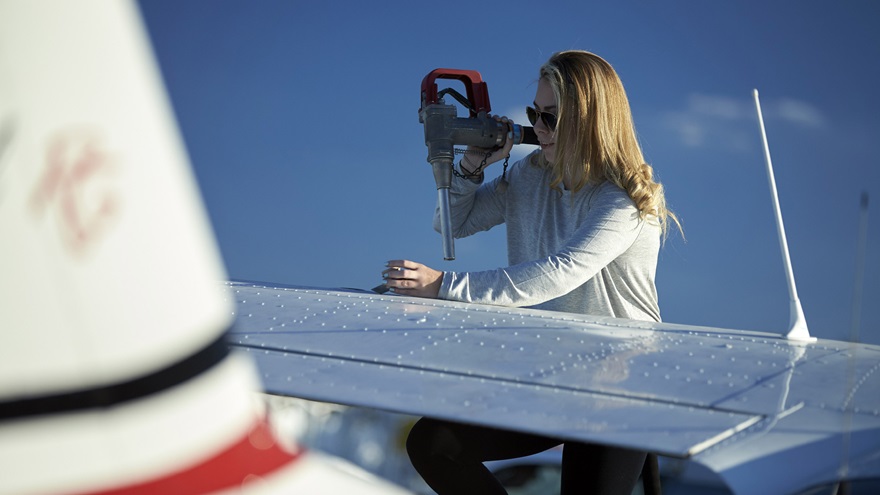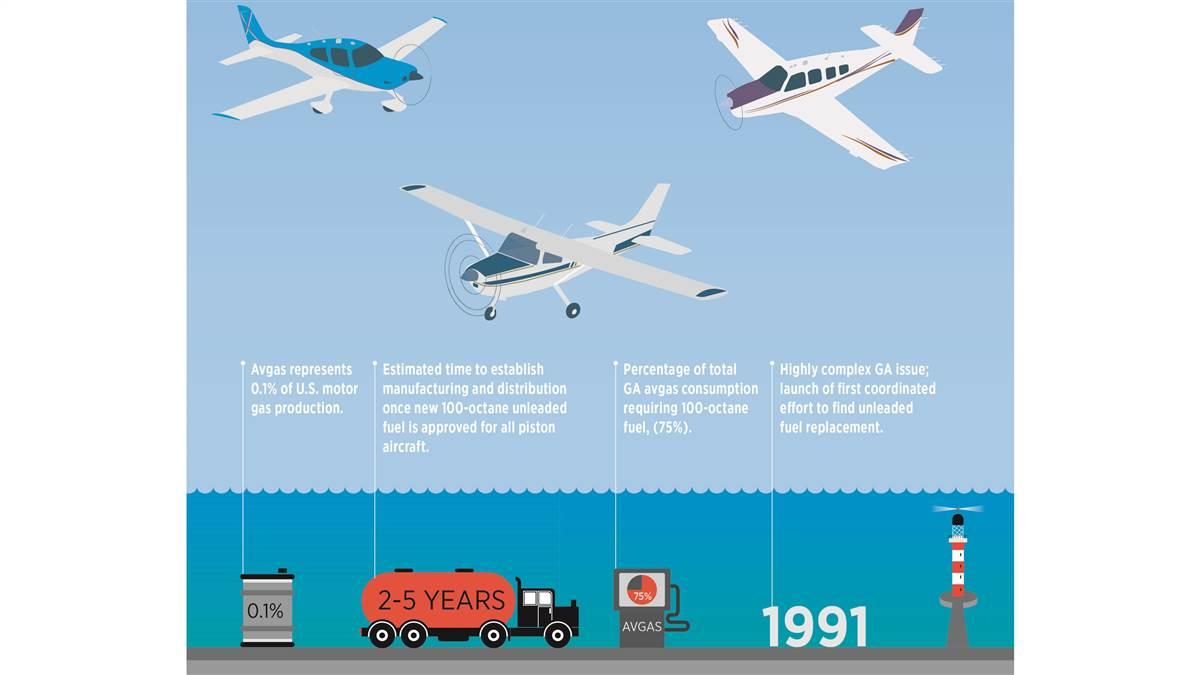Getting the lead out
THE CHARGE TOWARD FLEETWIDE UNLEADED FUEL
Nobody will argue that it’s time to remove lead from all aviation fuels. It’s as important that this transition needs to be done in a way that works for the entire general aviation fleet – safely, economically, practically, and efficiently.
This site serves the home of the industry campaign, led by AOPA, to find an unleaded solution that works for all aviators, manufacturers, suppliers, and regulators, and benefits the environment. Bookmark and revisit this site for continued news, updates, developments, and success stories.
Read the Spring 2025 update from the Eliminate Aviation Gasoline Lead Emissions [EAGLE] coalition.
To contact AOPA directly regarding this issue, you can email us at: [email protected].
News/Updates
Avgas FAQs
Why is this issue so important?
Is General Aviation really that important?
Why is there lead in aviation fuel?
When will I be able to use unleaded fuel?
Can all aircraft use unleaded fuel?
How long will leaded fuel be available?
How do I know if my aircraft can take UL94 or if it needs the higher octane?
How can I find the right unleaded fuel for my aircraft?
How will I know if my rented or borrowed airplane can be safely filled with unleaded fuel?
Why can’t we use car gasoline in our airplanes?
Other than being lead-free, are there other benefits to 100UL avgas?
How much will unleaded avgas cost?
Why is it taking so long to find an unleaded solution?
What is the process to bring an unleaded fuel to market that all GA aircraft can use? Are we close?
How difficult is it getting a fuel approved and to market?
Why do I need an STC to use the fuel?
My engine was originally approved to run on 80 octane. Do I need an STC to use 94UL?
The majority of the fleet can use 94UL. Why not just make that the official fuel and move on?
Is there any benefit to the engine by using leaded fuel?
The amount of lead emitted by GA airplanes is tiny. Why not fight the environmentalists and stick with 100LL?
What can I do to help?
What changes will I have to make to my engine to use 100UL avgas?
Will there will be multiple 100UL manufacturers, or will one be able to corner the market and raise prices?
User Experience
Click here to report your experience using 100-octane unleaded avgas
Avgas Coalition

AOPA is building a broad partnership of those who represent many facets of the transition to an unleaded avgas future. This coalition has a single-minded purpose of steering the GA industry to an unleaded future, and advocating for a smart and safe transition that works for the entire GA fleet.
The following organizations represent those that have pledged to work together and use the necessary resources to make unleaded avgas for all aircraft a reality. We encourage all GA-related groups to join the Avgas Coalition by clicking here.
- Air Care Alliance
- AirCorps Aviation
- Aircraft Owners and Pilots Association
- Airport Farms LLC
- Airworld LLC
- Alaska Airmen’s Association
- American Association of Airport Executives
- American Bonanza Society
- American Petroleum Institute
- Army Aviation Heritage Foundation
- Auburn Municipal Airport
- Avenger Educators LLC
- Avfuel
- Barton Aviation
- Blackhawk Flying Club (Ill.)
- Boeing Field Tenants Association
- Brookhaven-Lincoln County Airport
- Brookway Aviation
- Caldwell Flying Service (Texas)
- Canadian Owners and Pilots Association
- Cape Cod Aero Club
- Cavanaugh Flight Museum
- Chocks Away Aviation
- Cincinnati Warbirds
- Cirrus Owners & Pilots Association
- Citation Jet Pilots Association
- Classic Aviation LLC
- Commemorative Air Force
- Courtesy Aircraft Sales
- DJM Aviation Services
- Delaware Aviation Museum Foundation
- Denver Flyers
- Downwind Flying Club (Wash.)
- Experimental Aircraft Association
- Flight Czech
- Florida Warbirds, LLC
- Flying 20 Club, Inc. (Conn.)
- Flying Texans And Mustangs Unlimited
- Flying Z Ranch
- Formation and Safety Team (FAST)
- Fort Myers Flying Club
- Freeflight Aviation (N.J.)
- Friends of Boeing Field
- Friends Of Sikorsky Airport (Conn.)
- General Aviation Manufacturers Association
- GAMI
- Greenlight Aviation LLC
- Grumman Owners & Pilots Association
- Hangar 6 Aviation
- Hartford Brainard Airport Association, Inc.
- Helicopter Association International
- J&M Sales & Leasing
- Jet Air, Inc.
- Lanier Flight Center
- Legacy Warbirds Inc.
- Lewis Air Legends
- Maine Aeronautics Association
- Malibu M-Class Owners & Pilots Assoc.
- Midcoast Aviation
- Milco Flying Club (Wisc.)
- Mile High Resources
- Military Aviation Museum (Va.)
- Minnesota Pilots Association
- Moccasin Flying Club (Tenn.)
- Montana Pilots Association
- Museum of Flight
- Museum of Flight Tri-States
- N1708T Owners Association (Va.)
- National Agricultural Aviation Association
- National Air Transportation Association
- National Business Aviation Association
- National Warbird Operators Conference
- Navy Flight Trainer LLC
- New Bedford Pilots Association
- New Hampshire Pilots Association
- New Jersey Aviation Association
- New Mexico Pilots Association
- North American Trainer Association
- Palm Springs Air Museum
- Planes of Fame Air Museum
- Planeview Aviation Services
- Project Aviation
- Rag Wings/Radials Aircraft Leasing LLC
- Redlands Airport Association (Calif. Pilots Assoc.)
- Seaplane Adventures
- Seaplane Pilots Association
- Sky Helicopters
- Smokehouse Pilots
- SoCal Pilots
- Solberg Airport (N.J.)
- South Atlanta Helicopters
- South Dakota Pilots Association
- Southern Heritage Air Foundation
- Southwest Ohio Flyers
- Swift Fuels
- TFC Flying Club (Conn.)
- Taildragger Flyers, Inc.
- Tango 28 Group
- Texas Legislative General Aviation Caucus
- Topflight Aviation, Inc.
- Tradewind Aviation
- Trojan Boys LLC
- Trojan Phlyers
- Twin City Cloud 7
- U.S. House of Representatives (Mo. Sixth district)
- Veterans Airlift Command
- Warbirds, LLC
- Warbird Adventures, Inc.
- Warbird Operators Group
- Washington Pilots Association
- Washington Seaplane Pilots Association
- Westminster Aerobats Flying Club
- WingNuts Flying Circus
- Witham Warbirds
- Yankton Regional Aviation Association (S.D.)
Take Action
Are you ready to take action?
Click here to sign up for 100 UL avgas updates, and be prepared to take action to help AOPA push for fleetwide access to 100 UL avgas.

